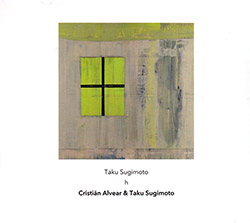
An extended and beautiful composition for two guitars, exquisitely played by Taku Sugimoto and Cristian Alvear, captured in concert at Ftarri in Tokyo in 2017, and the first appearance on Another Timbre for this Japanese composer-guitarist Sugimoto, who is best known as an improviser, and who also features on the "Chamber and Field Works" album by Bruno Duplant.
Out of Stock
Quantity in Basket: None
Log In to use our Wish List
Shipping Weight: 3.00 units
Sample The Album:
Taku Sugimoto-guitar
Cristian Alvear-guitar
Click an artist name above to see in-stock items for that artist.
Label: Another Timbre
Catalog ID: at122
Squidco Product Code: 25537
Format: CD
Condition: New
Released: 2018
Country: UK
Packaging: Cardboard Gatefold
Recorded live in concert at Ftarri, in Tokyo, Japan, in November, 2017.
Interview with Taku Sugimoto
The full title of your piece is 'h, version for two guitars, from Songs'. Could you explain that title, and how the performance with Cristian Alvear came about?
This piece was originally composed for 'Songs', a duo project with Minami Saeki, a female singer who I have been working with recently, when we had a tour in Europe last October. The piece, 'h', was actually completed in an airplane flying from Denmark to Finland where we were to have some concerts. We simply needed a new song (or more) which would be different from what we had played on the tour, because we'd become bored with repeating the same things.
I've become less interested in giving the pieces I compose particular titles, so some pieces in my oeuvre have the same titles, for instance, Trio, Quartet, Quintet, and so on. The titles of the pieces I write for 'Songs' are especially simple: a, b, c..., or I, II, III..., or 1, 2, 3...
For the concert with Cristian Alvear at Ftarri in Tokyo, I didn't (or couldn't) write a new composition. Instead, I thought it could work if we played some pieces from 'Songs' with two guitars, particularly 'h', since all the melodies or phrases which are repeated consist of the tones of guitar harmonics (i.e. just intonation).
I've known Cristian for years. He had already played some of my guitar pieces in the past, and I like his interpretations a lot.
Your Wikipedia entry states that: "Around 2002 his music became increasingly abstract, all but eliminating melody and featuring extended periods of silence." In fact there is hardly any silence in 'h', and there's a lot of melody. How would you characterise your recent music?
Yes, I am very interested in melody and pitch now. Even when I compose a piece for non-pitched percussion instruments, what I want to hear and listen to first is the pitch inherent in those instruments.
Recently I've become interested in composing pieces that have only melodies, and are free of any chords, or progression, or steady rhythm. In those pieces, notes are written without stems, only suggesting that tones should last longer or shorter, and the number of times a melody or phrase should be repeated is not determined, so that not only different tones but also different phrases can overlap, like a casual counterpoint.
You can notice all the above characteristics when listening to the recording of 'h', but the piece itself is written as monophony.
However, these pieces, including 'h', can be played differently. Often I ask the musicians to play the melodies more or less together, and the results usually satisfy me. I think it's better that these kind of monophonic pieces remain open in the same way that a piece of western medieval music can be played differently by different interpreters.
I often think that some pieces I compose these days are no longer avant-garde. I am happy if people find something new in my compositions, but at the same time I feel I am trying to make music which could have existed many centuries ago. My recent music seems to have almost nothing to do with western classical music after medieval times or before Cage.
Do you think that your new interest in pitch and melody is part of a general current within experimental music in Japan, or indeed worldwide?
I hardly think so. Musicians I know tend to make use of electronics or a computer or some such in order to make textural music. The same can be said of musicians who play acoustic instruments, though instead of electronic devices, they use various extended techniques that they have developed.
Most of the musicians I know are improvisers, but I think this emphasis on the textural aspect of music is dominant worldwide within the field of experimental music. Many musicians who ask if they can work with me play music of this type. Of course, I have nothing against their music, but nonetheless, I often have to say "I am sorry".
The aspects that interest me most in recent experimental music are the work of composers who are using just intonation, but in different and individual ways. For instance, composers such as Catherine Lamb and Chiyoko Szlavnics seem to focus on the spectrum of sound (difference tones, beats etc) rather than the so-called pure intervals, which is what advocates of just intonation often claim is what makes it better than any other tuning system, particularly twelve-tone equal temperament.
There are some exceptions, but most composers who advocate just intonation seem to work in the vein of contemporary classical music. They just want to refine their musical tools. But for me it can be interesting to go in the opposite direction. For instance, having tones that are utterly out of tune is also interesting to me, much better than strict allegiance to the idiom.
Your answer suggests that you feel rather isolated musically in Japan. Perhaps in Europe there are more musicians who share your interests in melody and just intonation. It must be hard if you feel that you are having to work against the grain even within the experimental music scene. Do you get discouraged?
Yes, I am isolated both musically and socially. It has always been so.
In Japan, I have very few concerts unless I organise them myself. I very rarely get a paid concert or a musical job: not more than twice a year, normally zero.
It's almost impossible here for musicians who play experimental music to make their living only by music. I've been working as a part-time cleaner for 25 years. And beside this I have taken on more than ten different kinds of part-time jobs to support my living. A musician who I've known for 30 years still makes his living by juggling several part-time jobs. He sometimes has to do three different jobs within a day: one in the morning, the next in the afternoon, the last early in the evening, then finally a concert at night. For me it's difficult to survive like that now. It's too hard to manage. My friend sometimes looks really tired. I don't want to do such jobs any more except the cleaning job (though that business has itself become depressed now). Instead I want to concentrate on music. So I am very poor now. Just to survive I've had to sell what I had: musical instruments, CDs, books, and whatever else can be sold. I have no stereo, don't own a computer, or a phone, and, of course, I have no paid musical job. Often I even have to pawn my guitars. The older I get, the poorer I have become. Nevertheless I don't want to work only for money. And I need time to do my music.
Sorry, I might have changed the subject. But I don't mind the situation. I'm simply doing what I want or have to do. Luckily, there are always a few people who are interested in my work. There are also a few musicians who share my interests, so I am happy to work together with them regularly both as a composer and an interpreter. I am still interested in improvisation and play improvised music with them too.
It is perhaps true that I am a solitary person (or maybe I have made myself so in order to survive without adapting to society). I don't want to belong to anything. But this doesn't mean I am a misanthrope. I am always happy when I am with friends. I also love my Wandelweiser friends: Manfred, Stefan, Radu, Michael, Antoine among others. They are very generous and open. I sometimes feel as if they are beside me. What I have learned through working with them is that though each composer is strongly individual both musically and in their character, they often work together, which can be a model of democracy.
But I think yes, as you suggest, in Europe there are more people who share my interests, especially regarding pitch and just intonation. I have begun to think more and more that I should live in Europe, but I have no idea how to achieve that.
Artist Biographies
• Show Bio for Taku Sugimoto "Taku Sugimoto is a Japanese guitarist. He initially gained attention in the late 1990s for his restrained, melodic playing, unusual in the world of free improvisation. Critic Bruce Russell describes this era of Sugimoto's music by writing: "Sugimoto is perhaps the pre-eminent stylist on the guitar ... He brings a golden glow to every session he partakes in, having abandoned amped up noise in favour of a much more introspective and calligraphic style of play." Around 2002 his music became increasingly abstract, all but eliminating melody and featuring extended periods of silence. He has collaborated with other Japanese musicians involved in the Onkyo movement, such as Sachiko M, Toshimaru Nakamura and Otomo Yoshihide. He has also collaborated with musicians from European free improvisation scenes, notably trombonist Radu Malfatti and guitarist Keith Rowe." ^ Hide Bio for Taku Sugimoto • Show Bio for Cristian Alvear Chilean musician dedicated to the performance, premiere and recording of new music. He serves as co-curator of the Experimental Music Festival Relincha, in Valdivia, Chile. Since the beginning of his career he has been constantly performing in the main auditoriums and concert halls of his country, as well as international festivals and concert venues. In recent years he has concentrated its efforts in performing educational concerts in rural areas of the Los Lagos region, in Southern Chile. His work has been published by edition wandelweiser records (germany), irritable hedgehog (usa), cathnor (uk), rhizome.S (france), potlatch (france), 1000fssler (germany), lengua de lava (mexico), caduc (canada), melange editions (japan), b-boim records (austria) and erstclass (usa)." ^ Hide Bio for Cristian Alvear
4/9/2025
Have a better biography or biography source? Please Contact Us so that we can update this biography.
4/9/2025
Have a better biography or biography source? Please Contact Us so that we can update this biography.
Track Listing:
1 'h', Version For Two Guitars, From Songs (2017) 42:39
Compositional Forms
European Improvisation and Experimental Forms
Japanese & Asian Improv/Rock
Duo Recordings
Guitarists, &c.
New in Compositional Music
Search for other titles on the label:
Another Timbre.


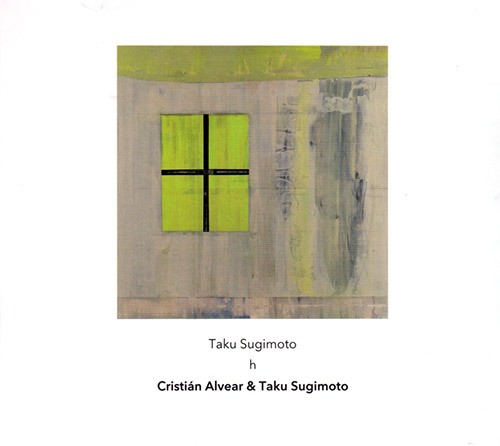
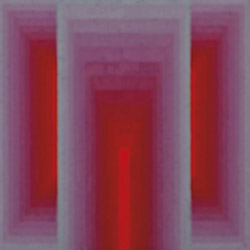


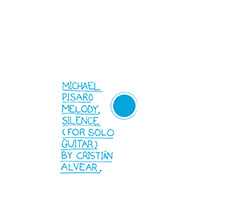
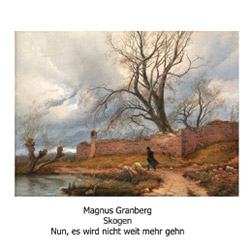

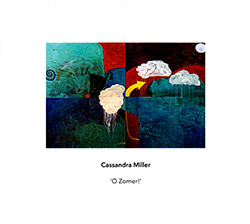

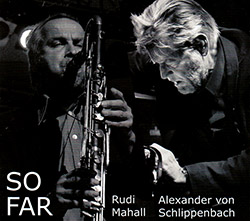








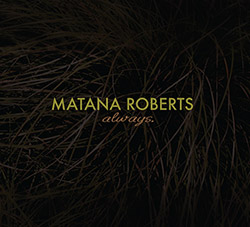

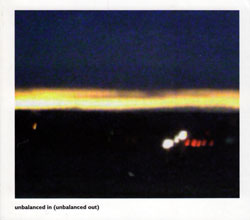
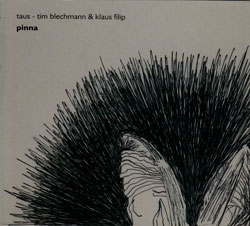
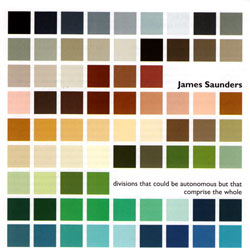
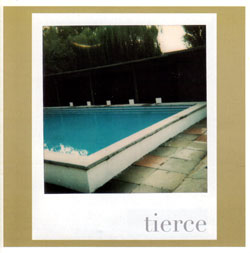
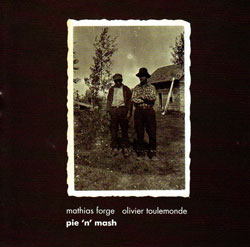
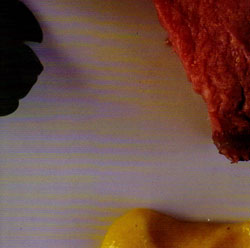
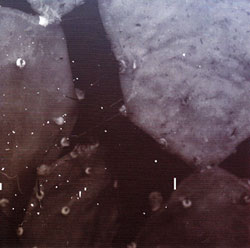




![111 (Michelle / Villamil): Live at Opus 40 [CASSETTE]](https://www.teuthida.com/productImages/misc4/35986.jpg)
![del Pino, Francisco / Charlotte Mundy: The Sea [CASSETTE]](https://www.teuthida.com/productImages/misc4/35987.jpg)

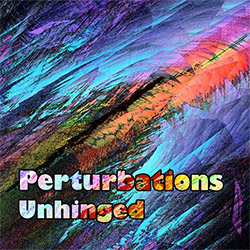

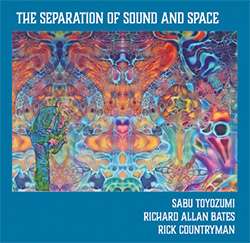
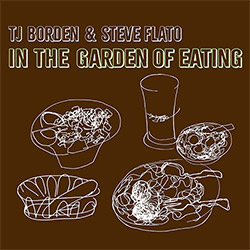

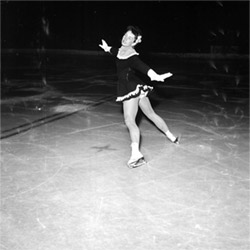
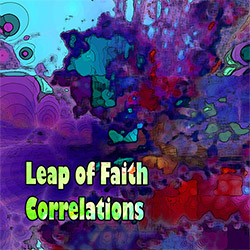

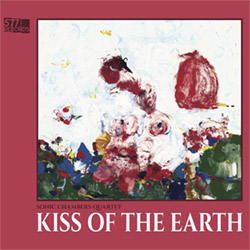

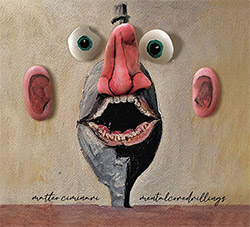
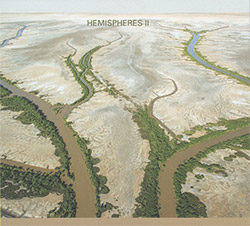
![Niblock, Phill / Anna Clementi / Thomas Stern: Zound Delta 2 [VINYL]](https://www.teuthida.com/productImages/misc4/34623.jpg)
![Yoko, Ono / The Great Learning Orchestra: Selected Recordings From Grapefruit [2 CDs]](https://www.teuthida.com/productImages/misc4/35841.jpg)

![Brotzmann, Peter / John Edwards / Steve Noble / Jason Adasiewicz: The Quartet [2 CDs]](https://www.teuthida.com/productImages/misc4/35975.jpg)
![Brotzmann, Peter / John Edwards / Steve Noble / Jason Adasiewicz: The Quartet [VINYL 2 LPs]](https://www.teuthida.com/productImages/misc4/35976.jpg)
![Thomas, Pat: The Solar Model of Ibn-Al Shatir [VINYL]](https://www.teuthida.com/productImages/misc4/36044.jpg)
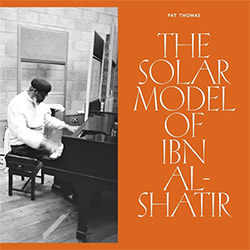



![Rodrigues, Ernesto / Nuno Torres / Guilherme Rodrigues: Whispers In The Moonlight - In Seven Movements [2CDs]](https://www.teuthida.com/productImages/misc4/35765.jpg)



![Cocks, Laura: FATHM [VINYL]](https://www.teuthida.com/productImages/misc4/36055.jpg)













![Schindler, Udo / Sandy Ewen / Damon Smith: Munich Sound Studies Vols. 4, 5 & 6 [3 CDs]](https://www.teuthida.com/productImages/misc4/35966.jpg)
![Turbulence Orchestra & Sub-Units: Smear Out the Difficulties (Double Live) [2 CDs]](https://www.teuthida.com/productImages/misc4/36048.jpg)

![Myers, David Lee : Tin Drop Tear [BOOK w/ DOWNLOAD]](https://www.teuthida.com/productImages/misc4/36030.jpg)

![Ackerley / Prymek / Turner: All Hope With Sleeping Minds [CASSETTE]](https://www.teuthida.com/productImages/misc4/35950.jpg)








![Olencki, Weston : Pearls Ground Down To Powder [VINYL]](https://www.teuthida.com/productImages/misc4/35956.jpg)
![Myers, David Lee: Oculus [2CDs]](https://www.teuthida.com/productImages/misc4/35857.jpg)


![dustsceawung: dustsceawung [CASSETTE w/ Download]](https://www.teuthida.com/productImages/misc4/35753.jpg)




![Halls of the Machine: Atmospheres For Lovers And Sleepers [CASSETTE w/ DOWNLOAD]](https://www.teuthida.com/productImages/misc4/35806.jpg)











![Zorn, John / JACK Quartet: The Complete String Quartets [2 CDs]](https://www.teuthida.com/productImages/misc4/35609.jpg)

![Lonsdale, Eden: Dawnings [2 CDs]](https://www.teuthida.com/productImages/misc4/35480.jpg)







![Sanna, Claudio: Compositori Sardi Contemporanei II [2 CDs]](https://www.teuthida.com/productImages/misc4/35317.jpg)







![Zurria, Manuel: Fame di Vento [3 CDs]](https://www.teuthida.com/productImages/misc4/35167.jpg)

![Electric Bird Noise / Derek Roddy: 8-10-22 [CD EP]](https://www.teuthida.com/productImages/misc4/35970.jpg)








![Elephant9 : Mythical River [VINYL]](https://www.teuthida.com/productImages/misc4/34624.jpg)



![Elephant9 with Terje Rypdal: Catching Fire [VINYL 2 LPs]](https://www.teuthida.com/productImages/misc4/35355.jpg)
![Deerlady (Obomsawin, Mali / Magdalena Abrego): Greatest Hits [VINYL]](https://www.teuthida.com/productImages/misc4/34876.jpg)







![Surplus 1980: Illusion of Consistency [CD]](https://www.teuthida.com/productImages/misc4/35069.jpg)
![Staiano, Moe: Away Towards the Light [VINYL + DOWNLOAD]](https://www.teuthida.com/productImages/misc4/35037.jpg)



![Caveira (Gomes / Sousa / Abras / Ferrandini): Ficar Vivo [VINYL]](https://www.teuthida.com/productImages/misc4/34643.jpg)
![Coley, Byron: Dating Tips for Touring Bands [VINYL]](https://www.teuthida.com/productImages/misc4/17906.jpg)

![Lost Kisses: My Life is Sad & Funny [DVD]](https://www.teuthida.com/productImages/misc4/lostKissesDVD.jpg)